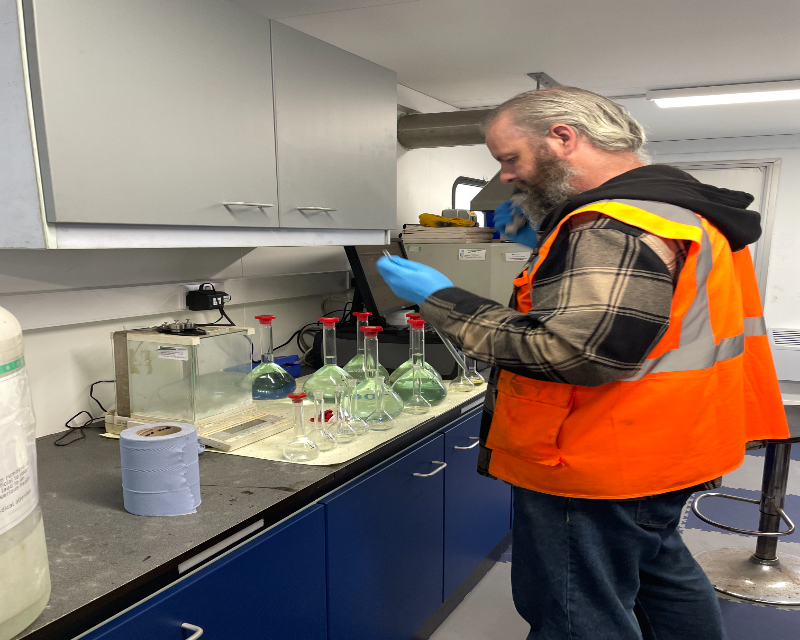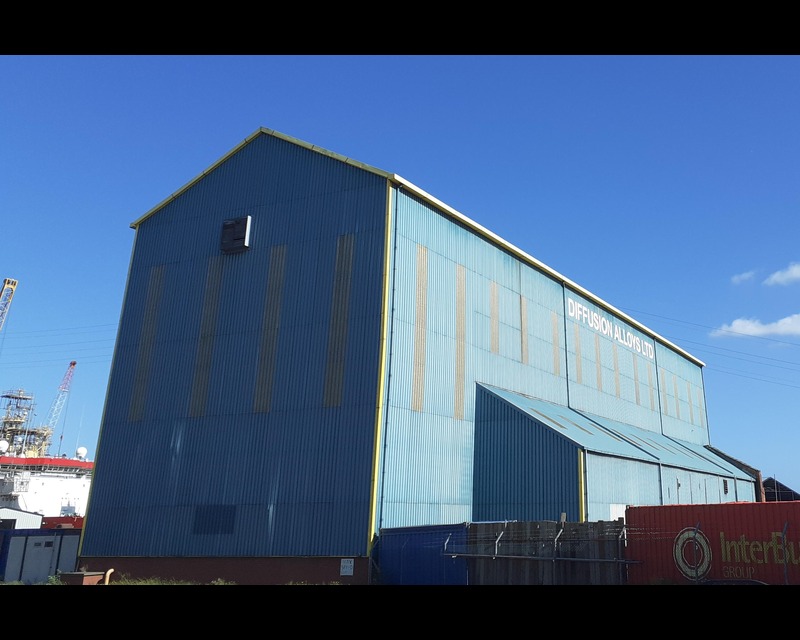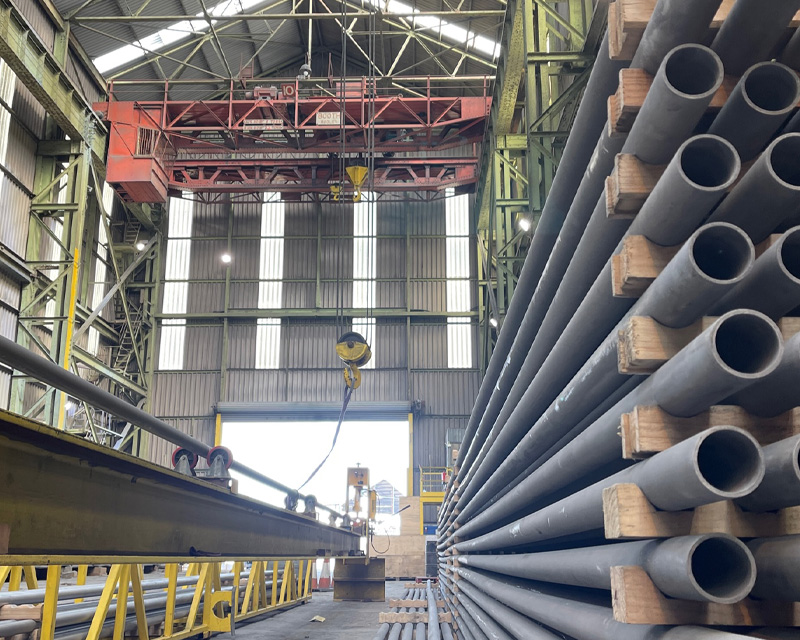
Can Diffusion Coating Enhance Product Longevity?
Benefits and Cost Savings Explored
Diffusion coating, a technique used for surface modification, holds immense potential to enhance the durability and performance of various materials. By infusing elements into the surface layer of a substrate material, diffusion coating can bolster wear resistance, corrosion resistance, and overall longevity. This process has gained traction across industries where product longevity and reliability are paramount.
One of the primary benefits of diffusion coating lies in its ability to prolong the lifespan of coated products. By fortifying the surface layer through the diffusion of elements such as carbon, nitrogen, or boron, this process significantly improves resistance to wear and abrasion. For instance, in the automotive sector, components like gears, crankshafts, and bearings can undergo diffusion coating to bolster their resilience to wear and extend their operational life.
Furthermore, diffusion coating can bolster the corrosion resistance of materials, particularly metals like steel and titanium. By creating a protective barrier on the substrate material’s surface, diffusion coatings can mitigate the impact of corrosive environments, including exposure to moisture, chemicals, and salt spray. This is especially beneficial in industries such as aerospace, marine, and oil and gas, where components are subject to harsh environmental conditions.
The effectiveness of diffusion coating in extending product lifespan and reducing maintenance needs depends on various factors. The type of material being coated is a significant determinant, as diffusion coating may yield more pronounced benefits for certain materials. Additionally, the quality of the coating process, including surface preparation, coating thickness, and post-coating treatments, can influence the durability and performance of the coated products.
When evaluating the potential cost savings associated with diffusion coating, it’s crucial to consider both the initial investment and the long-term benefits. While the upfront cost of coating may be substantial, especially for large-scale applications or complex geometries, the extended lifespan of coated products can lead to significant savings over time. These savings may include reduced maintenance costs, decreased downtime due to component failure, and lower replacement expenses.
Moreover, the adoption of diffusion coating can enhance overall operational efficiency and competitiveness by improving product performance and reliability. Components that are more durable and resistant to wear and corrosion are less susceptible to premature failure, thereby enhancing operational uptime and customer satisfaction. Additionally, the enhanced performance of coated components can enable manufacturers to explore new markets or applications with stringent performance requirements.
In summary, diffusion coating presents a compelling proposition for industries seeking to enhance the durability, performance, and longevity of their products. While the upfront costs of coating may require careful consideration, the potential benefits in terms of extended lifespan, reduced maintenance, and enhanced reliability can result in significant cost savings and competitive advantages in the long term. By leveraging the capabilities of diffusion coating, manufacturers can enhance the value proposition of their products and position themselves for success in demanding and competitive markets.



